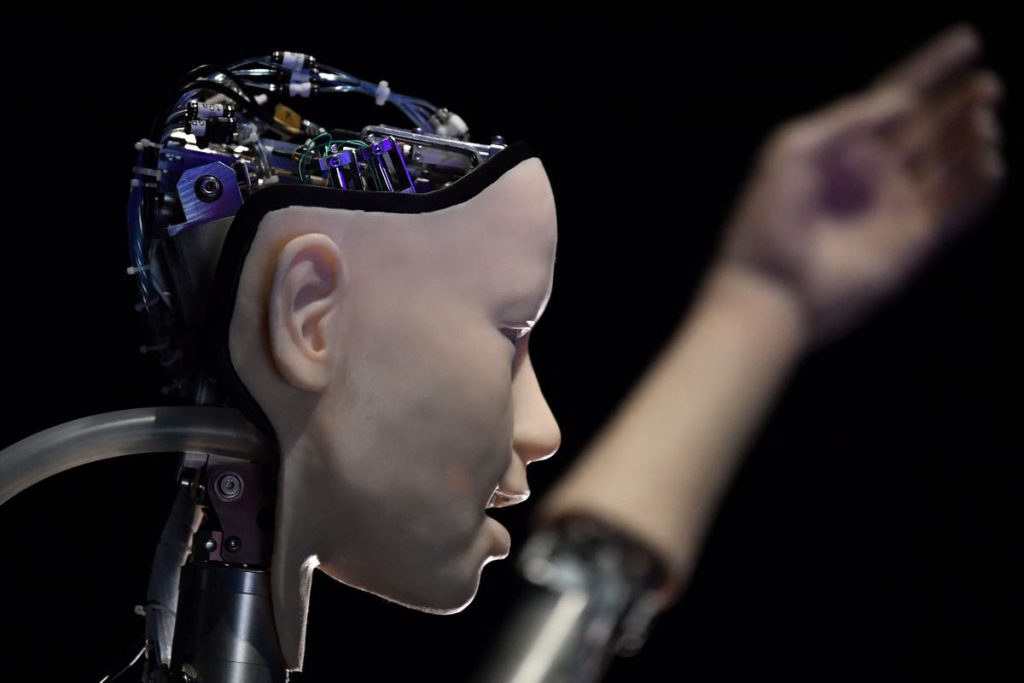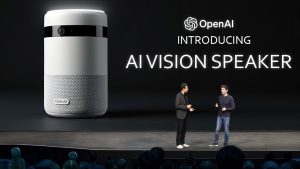Critical Insights on AI: LeCun’s Perspective

Yann LeCun didn’t hold back at a recent Meta AI event, bluntly stating, “Machine learning sucks!” While artificial intelligence has achieved noteworthy feats, it pales in comparison to humans and even some animals, according to LeCun. The acclaimed AI scientist remains unsatisfied with the current state of the technology, emphasizing its stark limitations.
LeCun uses striking examples from the animal kingdom to underscore his point. He asserts that even the least intelligent animals can outperform AI in adaptability and learning. This sharp contrast highlights the gap between the hype around AI and its actual capabilities, urging a reevaluation of what artificial intelligence can and cannot do.
LeCun’s Critical View of AI
Yann LeCun, one of the “godfathers of AI,” has some harsh words about the current state of artificial intelligence. “Machine learning sucks!” he proclaimed during a recent Meta AI event. While acknowledging the technology’s contributions, LeCun argues that when compared to humans and even some animals, AI’s capabilities fall short. “I’m never happy with the state of the art,” he said, emphasizing that AI technology, in its current form, isn’t living up to its potential.
LeCun explained that animals can learn quickly and adapt in ways that current AI systems can’t. He used this comparison to highlight the gap between what AI can do and what biological entities accomplish effortlessly. Despite the excitement surrounding AI, LeCun believes the technology is far from achieving the sophistication that many claim it has. “And I’m not talking about particularly smart animals,” he said, emphasizing that even the simplest creatures can outdo some AI systems.
The Superhuman AI Debate
Much of the recent AI discussion has centered on the idea of creating a superhuman AI. Companies like Meta are enthusiastic about this prospect, envisioning it as a revolutionary way to interact with technology. Imagine simply asking a device to perform tasks, and it does so instantly. While some, like Elon Musk, claim this advanced AI is just around the corner, LeCun is skeptical. He argues that such a leap in AI capability isn’t imminent and would require a radically new kind of technology.
LeCun points out that most current AI systems, such as large language models (LLMs) like ChatGPT, rely heavily on vast amounts of text data. These models analyze text to predict word sequences, enabling them to generate remarkably coherent text quickly. However, LeCun argues that this method isn’t sufficient for developing a true understanding of the world. He explains that a four-year-old child processes much more data through sensory experiences than these models do through text, highlighting a fundamental limitation in the current approach to AI.
Limitations of Text-Based Models
LeCun emphasizes that text is a “very poor source of information.” He argues that while text represents thoughts and ideas, it lacks the depth needed for comprehensive understanding. Therefore, AI systems that rely solely on text are inherently limited. “Text represents thoughts, essentially, an expression of thoughts – and those thoughts are the mental models of reality that we have,” he said. This limitation makes it challenging for AI to achieve the kind of nuanced understanding that humans have.
Some argue that LLMs are developing new capabilities like reasoning, but LeCun remains unconvinced. He believes these models are primarily good at understanding and manipulating text, rather than truly understanding the world. This distinction is crucial for anyone interested in the future of AI. Therefore, it’s essential to recognize the limitations of text-based models and explore alternative approaches for AI development.
LeCun suggests that we need “objective-driven AI systems” that can genuinely understand and interact with the world. This means building AIs that function more like the human brain, which constantly processes and learns from its environment. The human brain’s ability to perceive changes, predict outcomes, and make decisions is unmatched by current AI technology. LeCun stresses that developing such systems is essential for achieving the dream of intelligent robots that can navigate our daily lives.
Fears About AI
LeCun also addresses the widespread fears about AI, such as concerns that systems like ChatGPT could be used to develop biological weapons. He believes these fears are overblown. AI systems merely “regurgitate what they are trained on” and lack the innovation needed to create new, dangerous technologies. “I can give you the recipe to build a nuclear bomb, but that doesn’t mean you can build a nuclear bomb,” he said, highlighting the gap between knowledge and practical capability.
Even if AI can provide blueprints for complex devices, it still requires human expertise and substantial resources to bring these plans to life. Therefore, the fear that AI will independently create catastrophic technologies is, according to LeCun, unfounded. He argues that concerns about AI’s potential dangers should be tempered by an understanding of its current limitations.
Calls for Open Source AI
Another issue LeCun and his colleagues at Meta discuss is the concentration of AI technology in a few large companies. Nick Clegg, Meta’s president of global affairs, warns against leaving this powerful technology in the “clammy hands” of a few wealthy companies. He advocates for a more inclusive approach to AI development, one that enables broader participation from various regions and communities.
According to Clegg, open-source AI is the key to democratizing access to this technology. Making AI research and results publicly available not only speeds up development but also fosters trust and innovation. By allowing more people to contribute to and benefit from AI advancements, the technology can evolve in a more balanced and equitable manner. This open-source approach aligns with Meta’s vision of a future where AI serves the broader public good.
LeCun and Clegg believe that democratizing AI is crucial for ensuring that its benefits are widely shared. By opening up AI research to more participants, we can avoid the pitfalls of having a few companies monopolize this transformative technology. This approach also helps ensure that AI development is guided by diverse perspectives and needs, rather than just the interests of a few dominant players. Ultimately, open-source AI could lead to a more equitable and innovative technological landscape.
The Future of AI
Despite the current limitations, LeCun is optimistic about the future of AI. He believes that achieving human-level intelligence in AI is not a matter of if but when. “There’s no question that at some point it’s going to happen, it’s only a question of time,” he said. However, this breakthrough won’t occur in a single, dramatic event. Instead, it will be the result of many small, incremental advancements over time.
LeCun envisions a future where AI systems gradually become more sophisticated, eventually surpassing human intelligence. This evolution will likely involve a series of iterative improvements rather than a sudden leap forward. Therefore, while current AI technology may “suck,” as LeCun puts it, the trajectory of its development points toward increasingly capable and intelligent systems.
In the meantime, LeCun urges patience and a focus on continuous improvement. By acknowledging the current shortcomings and working diligently to overcome them, the AI community can pave the way for a future where intelligent systems profoundly enhance our lives.
In conclusion, the current state of artificial intelligence remains a complex and evolving field. Yann LeCun’s candid remarks highlight significant shortcomings in today’s AI technology, especially when contrasted with even simple biological entities. While the dream of superhuman AI remains an aspirational goal, it’s clear that substantial advancements and possibly new technological approaches are required to achieve it.
As companies like Meta explore open-source models, there’s hope that more inclusive and democratic AI development could lead to groundbreaking innovations. LeCun’s vision suggests a future where incremental advancements pave the way for AI that not only matches but possibly surpasses human intelligence. However, for now, acknowledging the limitations and focusing on continuous improvement seems to be the best path forward.





